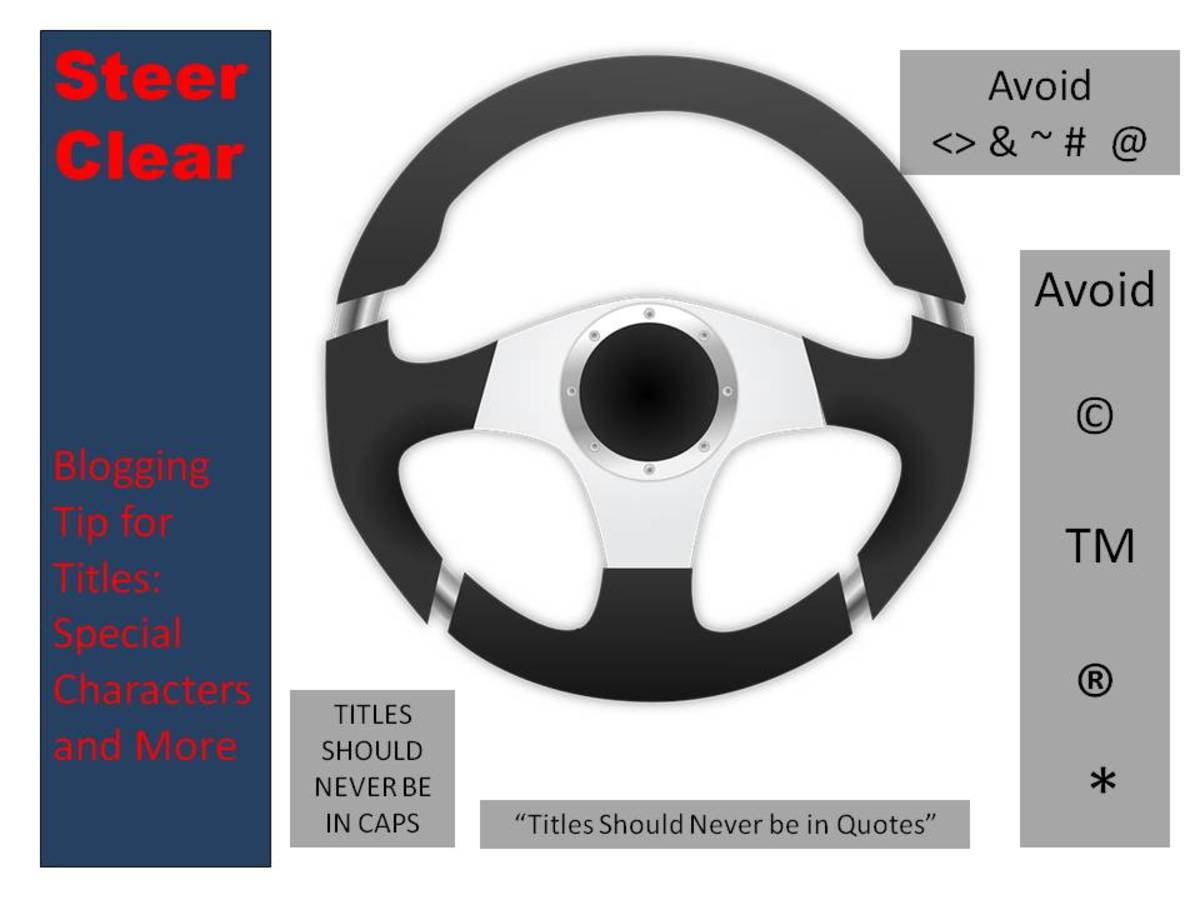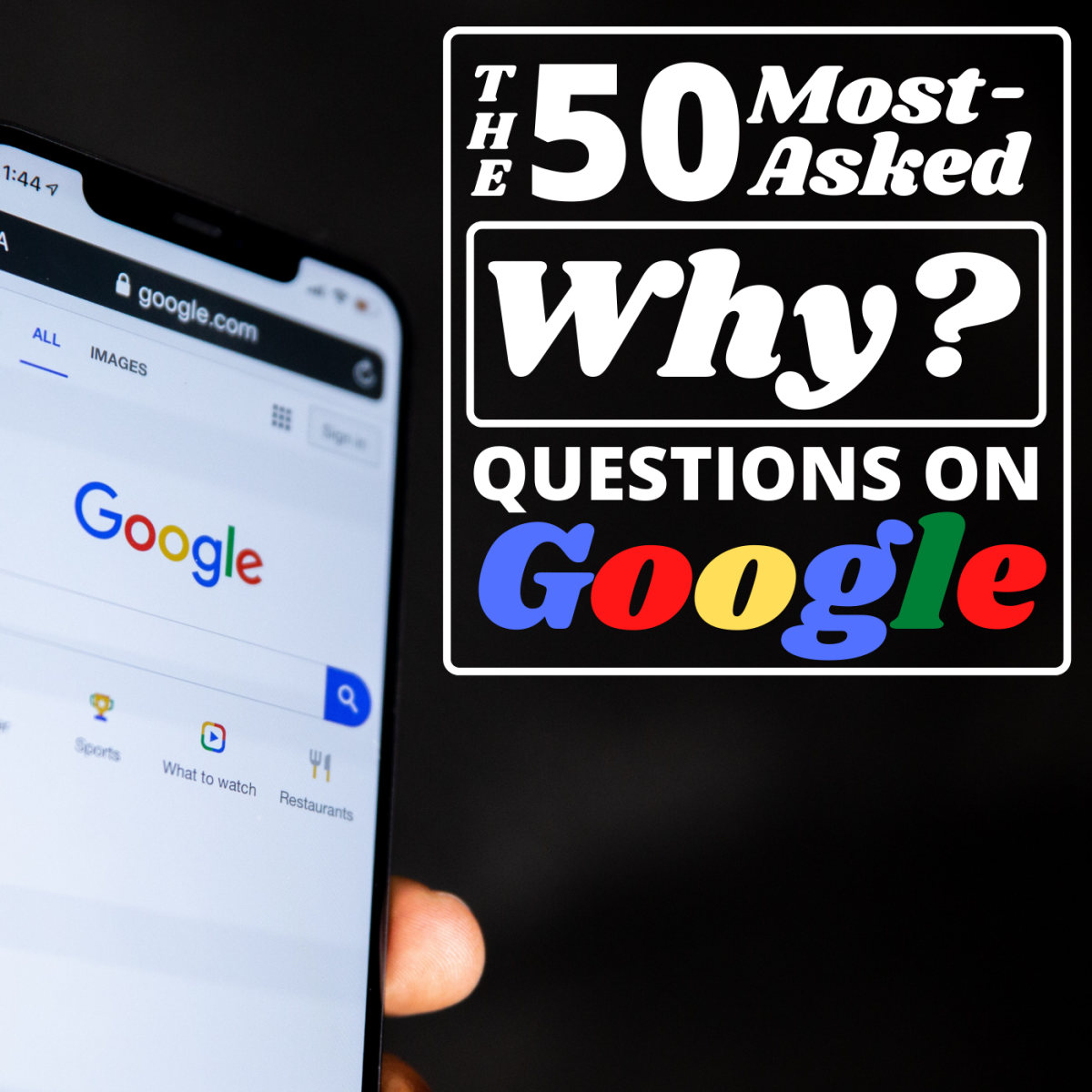- HubPages»
- Technology»
- Internet & the Web»
- Search Engines
Top Search Engine Placement Within Google

Top search engine placement within Google has always been a goal that advertisers have strived to accomplish. Today, this goal is extremely doable, especially with some of the free tools that a group of internet marketing wizards from Australia has provided. The 30 Day Challenge 2009 has already begun its mission of teaching even the most clumsy internet novices among us how to accomplish this arduous task. They teach us how to develop and sell a product through the use of the most up-to-date search engine placement concepts all for free. The best software tool used for this purpose today is called Market Samurai. All 30 Day Challenge signups (Free) also have the option of a 40 day Free trial with Market Samurai.
This article will deal primarily with the most important phase of Top search engine placement within Google, the foundation or research phase
Our first task is to find a market that interests us and to break it down into niches and micro-niches so that we might find a marketable product or service. Let us say for the sake of argument, that "Cat" is our market. In order to find keywords that are not too competitive, but at the same time will drive enough traffic to our website or blog, we will need a smaller sampling under our market phrase. A niche or a sub-niche will serve our purposes here. Using Market Samurai's Keyword Research tool we can come up with several niches and sub-niches that are definitely marketable for the keyword "Cat". A niche would be a term such as "Cat Problems" or "Cat Health". A sub-niche would be "Cat eye problems" or "Cat health problems"
In the Keyword Research module, Market Samurai provides us with two variables that will help find the best keywords.
SEOC (SEO competition) is the total number of web pages globally that mention a specific keyword term in the same (phrase) word order, in google's index. When we do a phrase match within Google, we need to put quotes around the phrase in the exact order we want to use them. (Ex: "Cat flea collar") The limit for this value should be set to "30,000". This will ensure that we find a keyword that is not too competitive and will require less work to get to the #1 position in Google.
SEOT (SEO traffic) is the maximum potential daily clicks that a #1 ranked site for this keyword term could possibly achieve. This is the traffic number that we are shooting for. We should set this value to "80" This will ensure that our keyword gets a decent amount of traffic for being in the #1 position in Google.
Once we set these two values, we can be sure that we'll have some value in our keywords. Plugging the niche "Cat problems" into Market Samurai's Keyword research tool and setting these two values, we come up with the keyword sub-niche phrase "Cat Health Problems". It has a SEOT of 111 and a SEOC of 25,900, which shows us we are almost there.
"Cat Health Problems" also fits into the "Evergreen" theory, because the Market Samurai "trends bar" shows us that this keyword phrase gets solid traffic all year round.
If we are looking to provide a product or service linked to our keyword, Market Samurai provides us with another measuring tool that helps solve this problem.
OCI is an indicator of the chances that someone searching for a keyword is looking to buy as opposed to browsing for information. The higher this value is, the easier it will be to market a product, with the specific keyword. We are usually looking for a value of at least 50%. If you are merely looking to write an article or blog for the keyword solely for the purpose of developing an Adsense income, OCI is not an important factor.
"Cat Health Problems" has a fairly low OCI value of 28%. This would turn this phrase into more of an AdSense module, than a product marketing module. "Cat Illness", however, fits all criteria, for finding and marketing a product. SEOT is 167 SEOC is 26,800, the trends bar is solid throughout the year and the OCI is 52%
The SEO competition value is merely one aspect of determining whether we have the ability to reach the #1 ranked spot in Google for our keyword. Market Samurai has provided a module that will absolutely tell us how easy it will be to become the #1 ranked website or blog for a certain keyword or phrase. Google reviews and ranks websites in terms of on-page factors (titles, descriptions, etc, of your website), and off-page SEO factors (incoming links to your sites, etc). The SEO Competition Module inside Market Samurai provides an easy but incredibly powerful way to look at the strength of the competition in terms of both on-page and off-page factors, presented as an SEO matrix.
Through careful research, once you have determined your primary or 'theme' keyword, you will need to come up with 3 or 4 secondary or 'category' keywords. They will help provide you with a solid link foundation to help strengthen your google authority and over time your google page rank.
Your 'theme keyword' will describe the overall theme of the website you create, while the 'category keywords' describe the different categories of information contained in your website. The 'theme' and 'category' keywords should be semantically related and should meet the page and traffic competition criteria. (SEOT>80, SEOC<30,000). This is an important distinction to understand.
Finally, If you are developing a product, the testing of commercial viability will be incredibly easy to do with a brand new Market Samurai module called the Monetization Module. This is an all-in-one tool for finding and promoting affiliate products. The monetization module will quickly assess whether there are any affiliate products available in the niche you are exploring.
Determining the criteria for top search engine placement during the research phase of your SEO project is made incredibly simple with the usage of the Market Samurai tool.
- Thirty Day Challenge
In a nutshell... The Thirty Day Challenge is about making your first $1 online. For a full 30 days we are going to be showing you exactly how to start your own Internet business and generate your first income online without spending a dime.
- Internet Search Engine Optimization and Adsense Strategies
Today, Internet search engine optimization strategies are more widespread than ever. The global economic downturn has forced many of us to come up with a secondary source of income that will supplement or...









